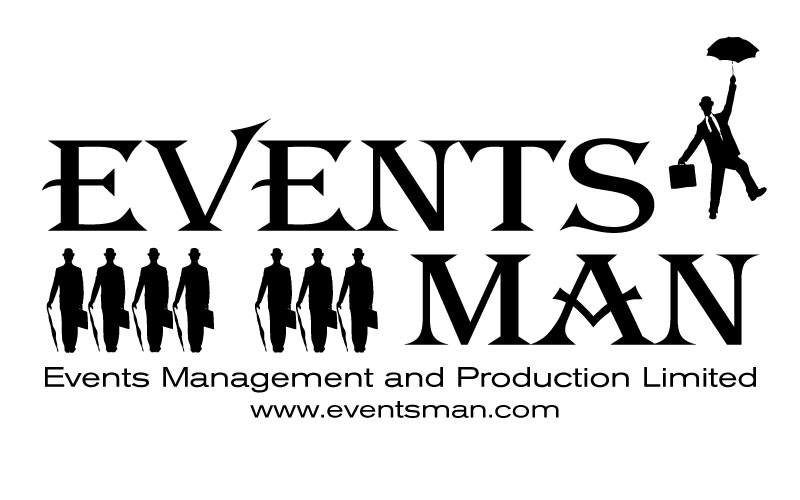I had the honor of appearing as a guest on RTHK’s Backchat program to discuss the impact of “stage safety” after the recent accident at the Hong Kong Coliseum “Mirror” concert.
I do hope the poor dancer (Mo) recovers fully. As of writing he is still in ICU probably paralyzed from the neck down. I also imagine many of the spectators will have nightmares and be traumatized for years to come. Unfortunately given the current state of the event industry (especially in Hong Kong) the accident is not surprising.
Listen to the interview here: https://www.rthk.hk/radio/radio3/programme/backchat/episode/830269
As an event manager we strive to achieve the goals of the event, to deliver on brief, on budget and on time. Our highest priority though is always to ensure the safety and well being of all of our stakeholders. Sometimes accidents happen. Sometimes it is faulty equipment or weather, but the worst accidents are usually human errors. Someone not considering the weather or cutting corners on equipment. I am sure the inquiry will find someone to blame however the accident points to a bigger potential issue in Hong Kong than event safety.
The state of the industry
The event industry is a super sub industry made up of thousands of small companies and individuals that come together to produce an event. These SMEs are everything from audio visual companies to florists and balloon decor to show callers and event producers. Even with within the companies they will hire freelancers and event professionals as ‘gig workers’ to support them on larger jobs. The pandemic has destroyed this delicate balancing act and wrecked havoc on the gig economy as many freelancers were forced to take other work outside their usual field or leave to find someplace they can work. As they leave inexperienced workers take their place more.
The live event industry in Hong Kong is much bigger than most would think. It is wide spread and tricky to define as live events include not only concerts or mega sports events but also weddings, birthday parties, conventions, exhibitions, office parties, annual dinners, company banquets … the list goes on.
In 2014 in the US the Convention industry Council commissioned a study called “Meetings Mater” their study concluded that for the meeting industry alone in the US accounted for 280 billion USD in direct spending. This was only business meetings and did not factor in weddings or other live events. Many event suppliers work across genres and supply for both public and private events. No official studies have been done to map the Hong Kong market however anecdotal evidence would show it is massive, with hundreds if not thousands of events happening every day.
Although large the live event industry has little support in Hong Kong as it does not fall under any specific government department. LCSD manages many venues, Tourism Council supports conventions, exhibitions and mega events, Cultural Services looks after concerts and theatre, Building Mechanical Services look after temporary structures but there is no one department to oversee and nurture the event industry. In other part of the world the industry is more mature and professional. This is driven by support from the industry working with the government to produce guidelines and best practices to ensure safety and creativity within events. A prime example would be “The Purple Guide” from the UK which is an event safety ‘bible’ that is constantly updated.
What can be done?
In 2015 while I was working with ILEAHK (International Live Events Association Hong Kong Chapter) we produced a series of risk management for live events lectures. As part of the series we polled our members to get their thoughts on engaging the government to create a Hong Kong version of “The Purple Guide” our members voted it down based mostly on the fear that by involving government and the potential issues of dealing with all the different government departments we could find licensing and permits to become much like that of opening restaurants (in HK opening a bar or restaurant is so difficult and lengthy often they will open and pay the fines for not having proper licenses while it is being processed).
Over the last year a small group of event professionals have gotten together to discuss what could be done as the industry has been so decimated from Covid. We all had the same issue. As live event professionals we were the first to stop business and although many tried to pivot to online is was just was not sustainable. Unfortunately, as the industry had no overreaching body to speak for it we had no direct government support. With many companies closed and much of our talent gone there is great concern how we can reopen safely and keep the quality of events as it was pre-pandemic.
A few of us would like to see more support and engagement between the industry and government. We would like to see recognition for the key role we play in the economy of Hong Kong. We would like to see more funding made available for training and we would like to see more help in making great events possible. I fear that in the backlash from the Mirror accident we may see fear led legislation made by people that don’t really understand the complexity of running events. A flurry of reactive rules that make doing an event so difficult that it become the nail in the coffin for an already suffering industry. I hope going forward we can work together with the government to create training and guidelines to make events safe and spectacular experiences for all.
Robert Rogers CSEP is a Certified Special Event Professional offering freelance event services including risk management solutions, feasibility studies, sustainability implementation and strategic event planning.

